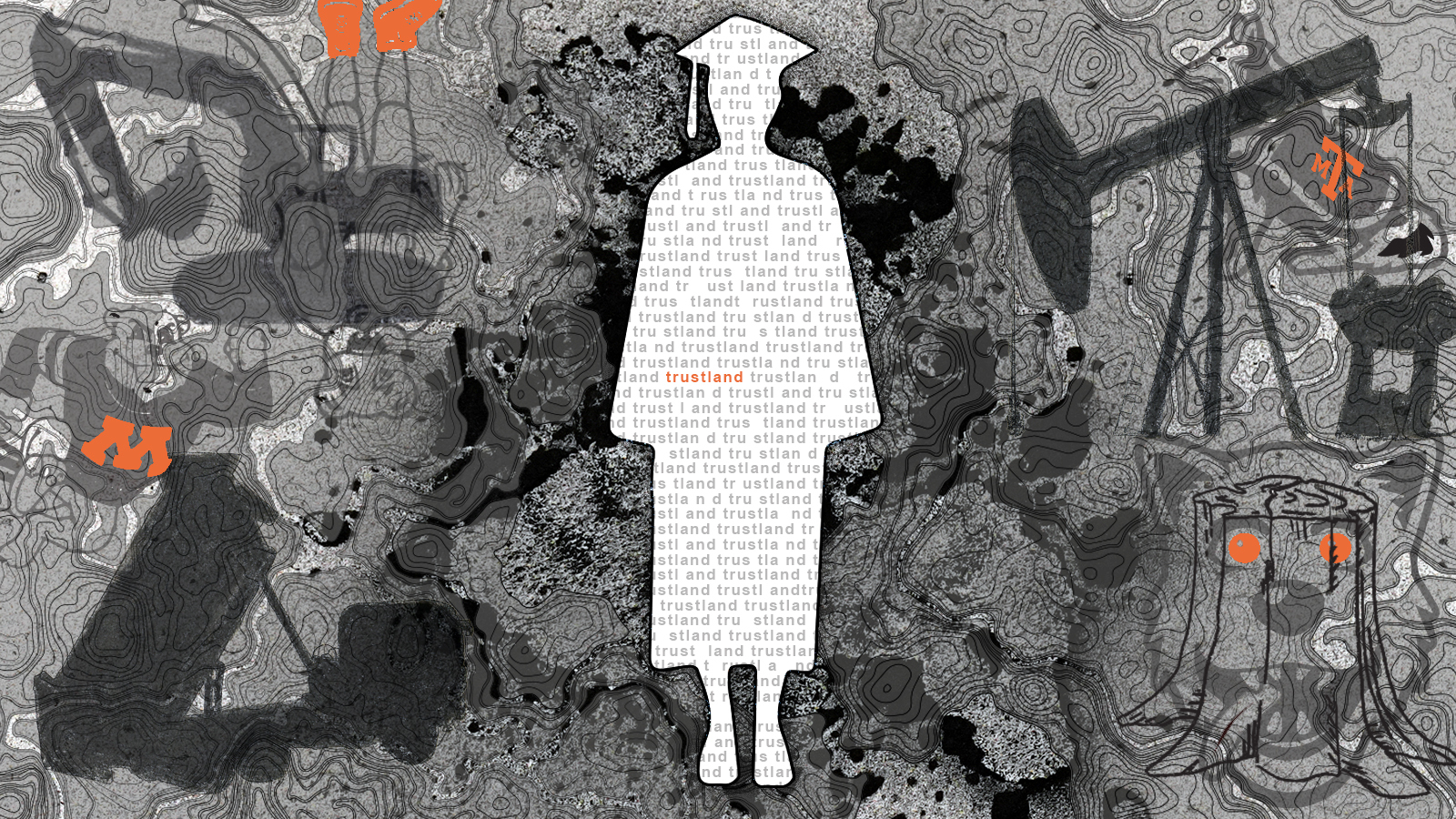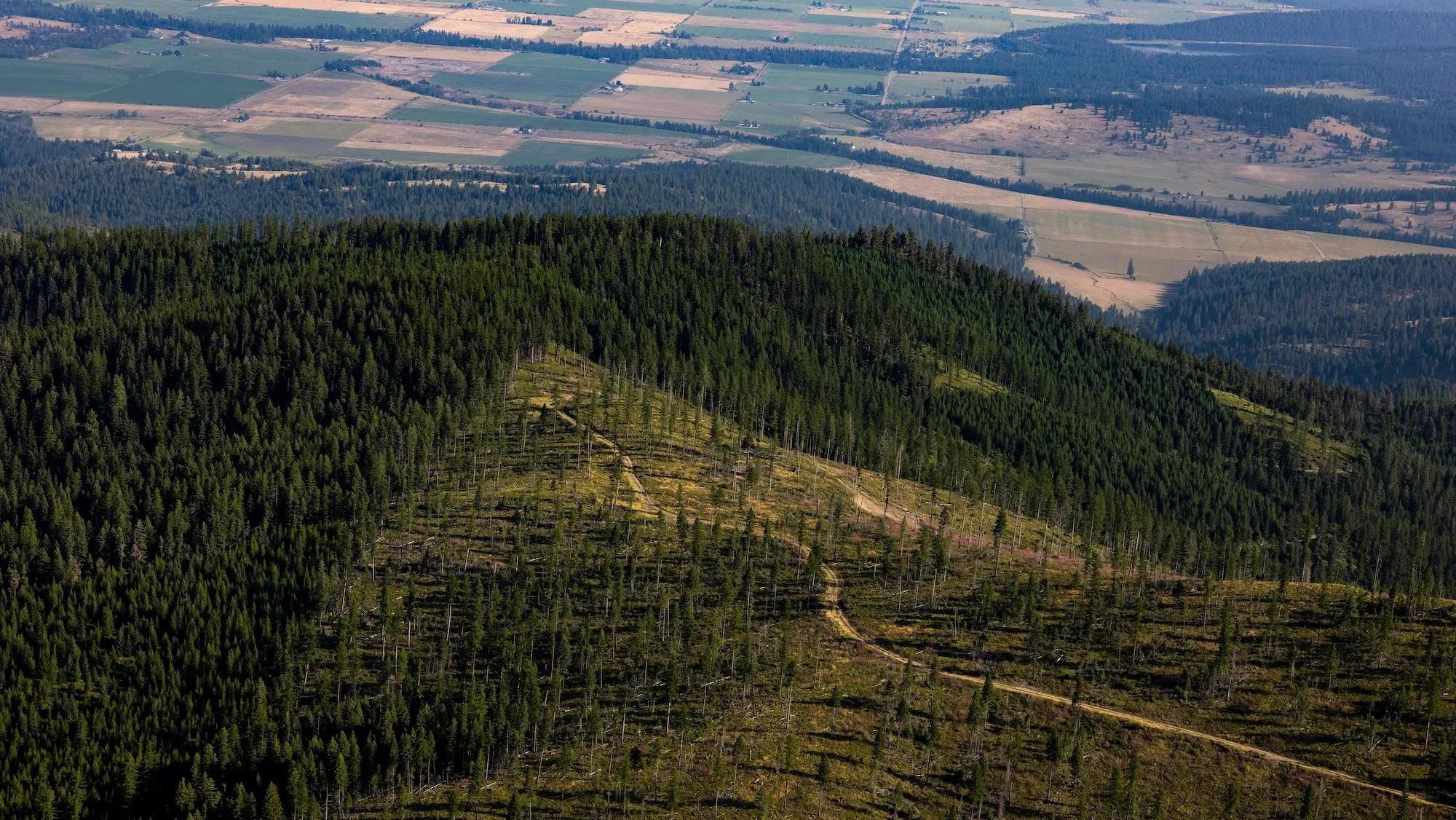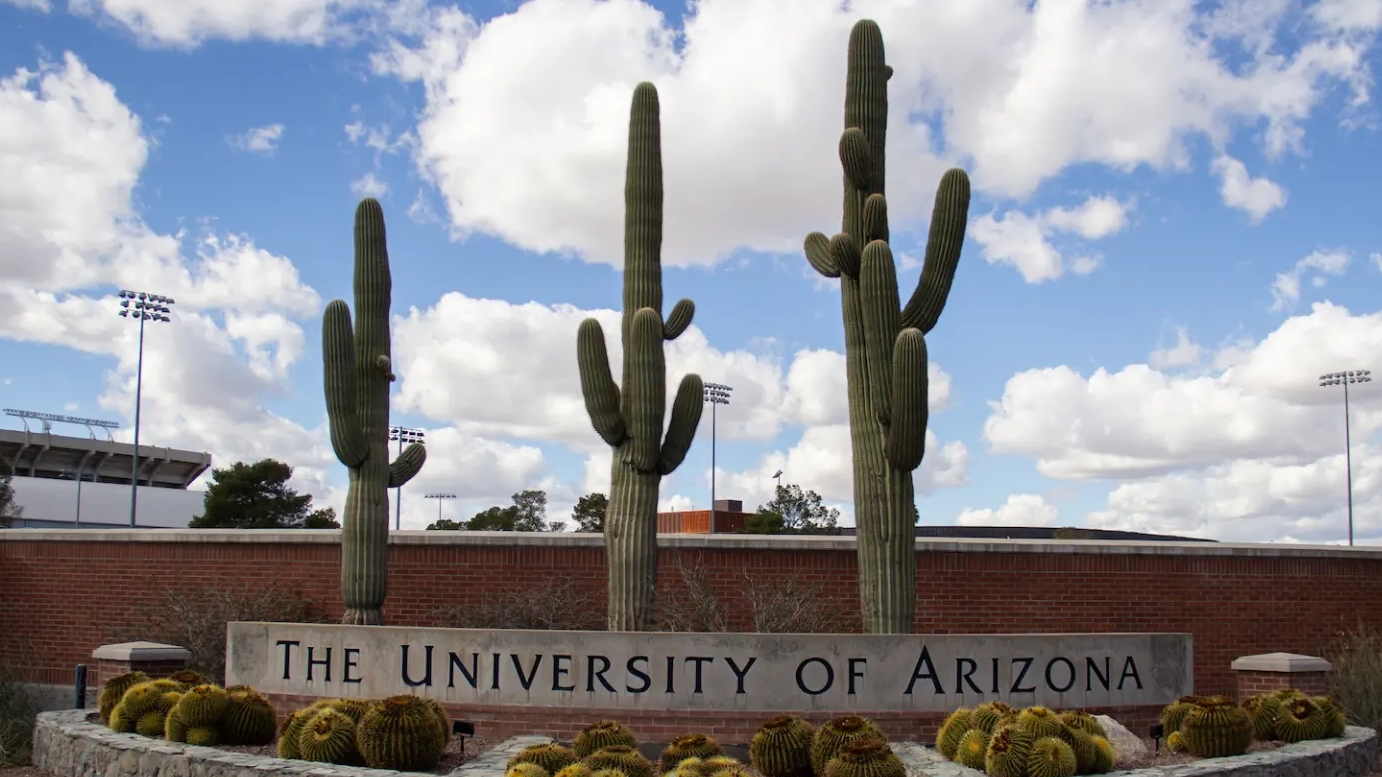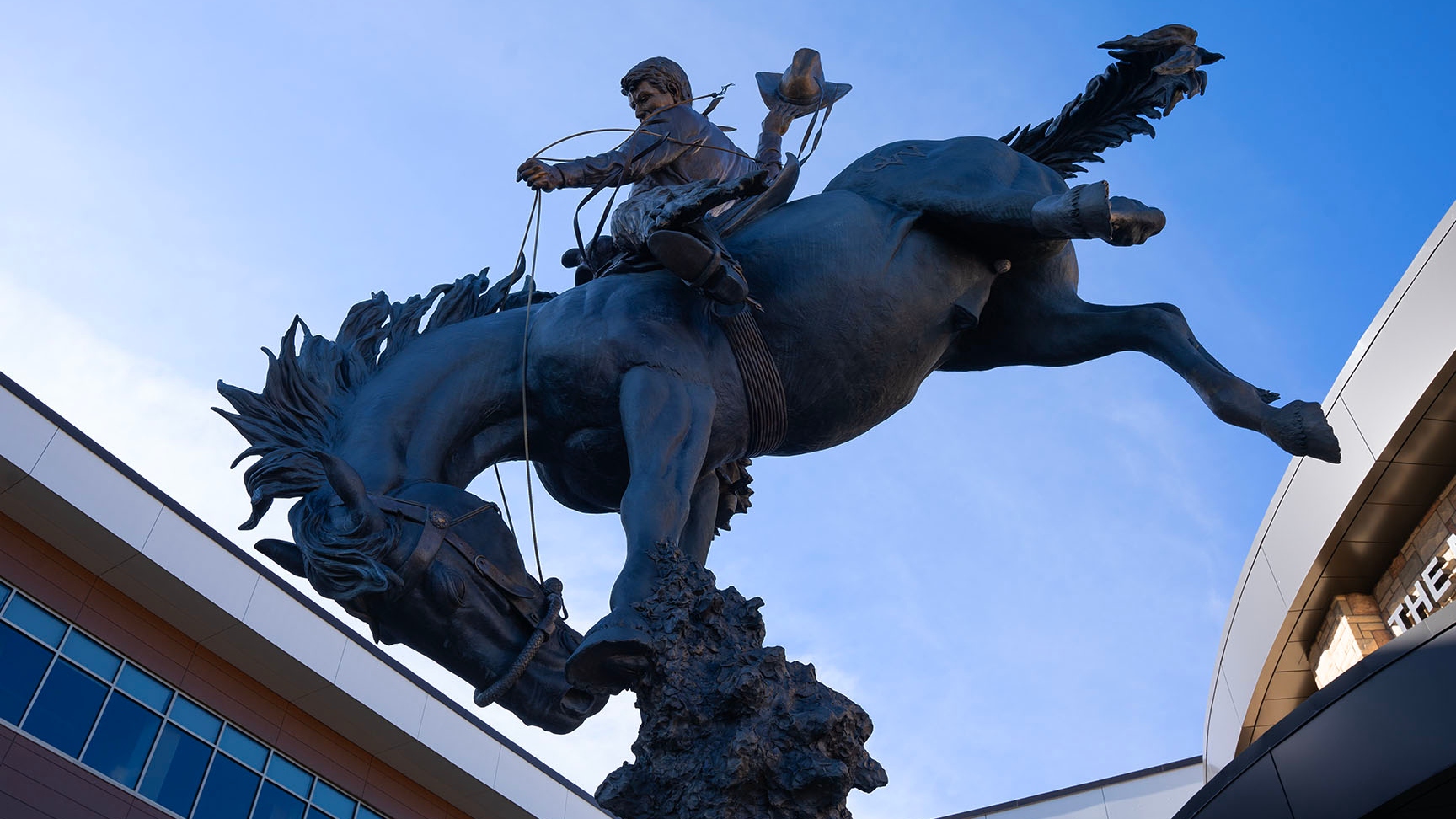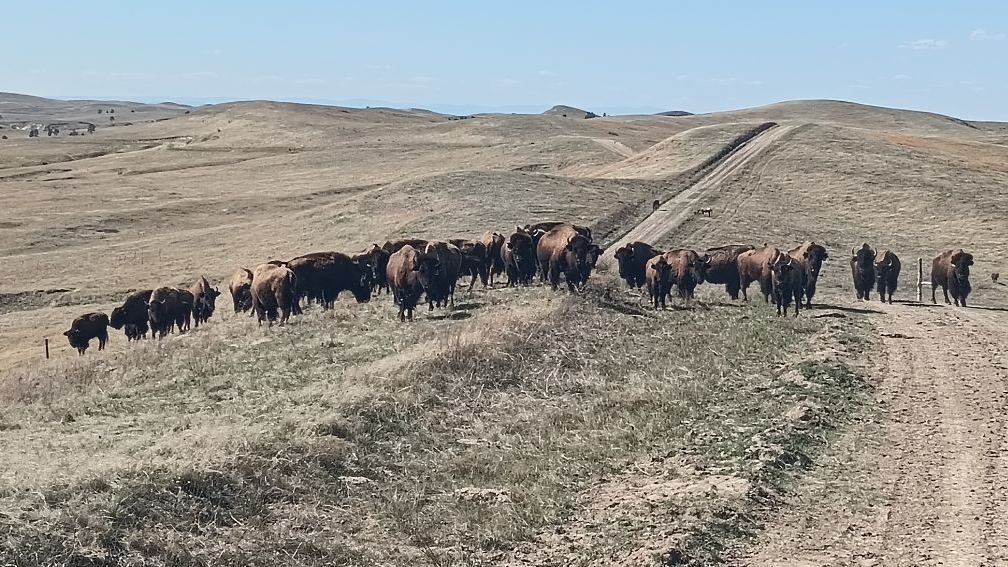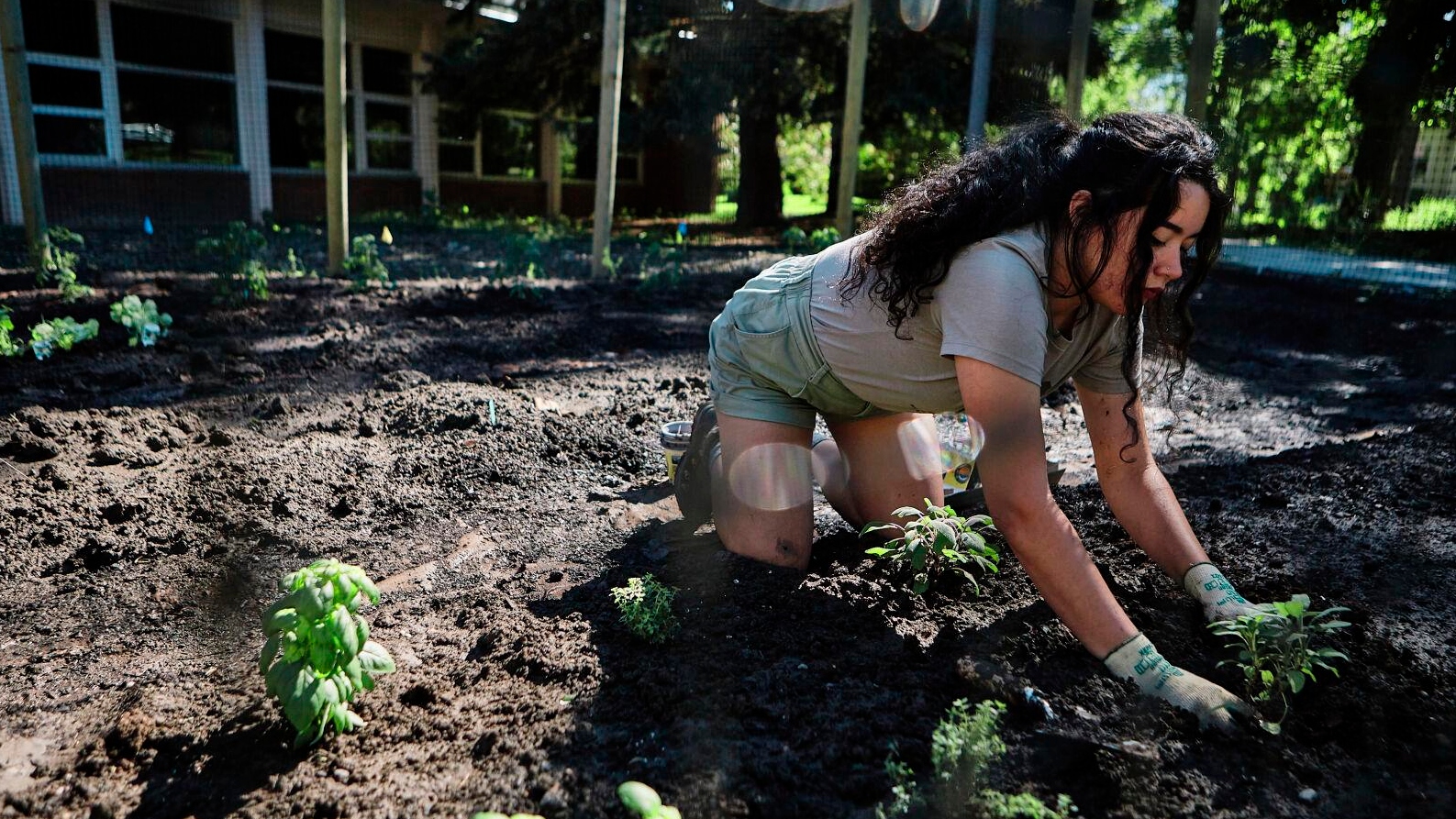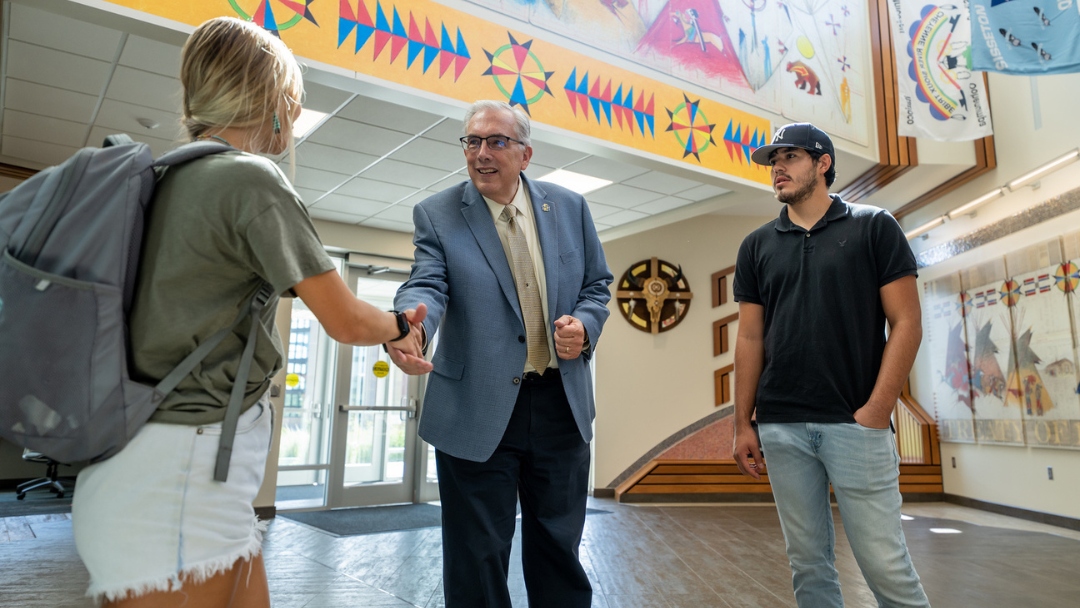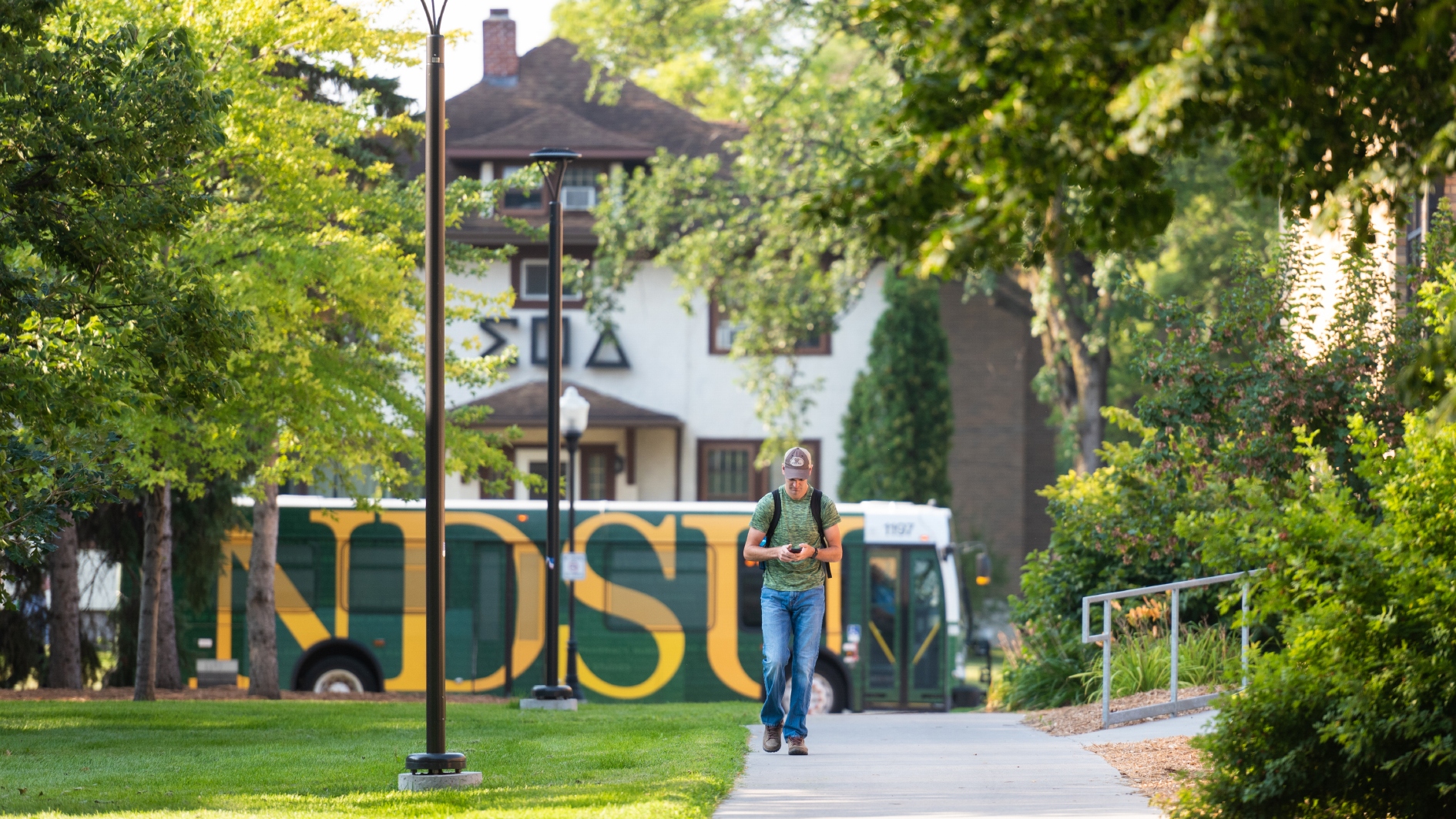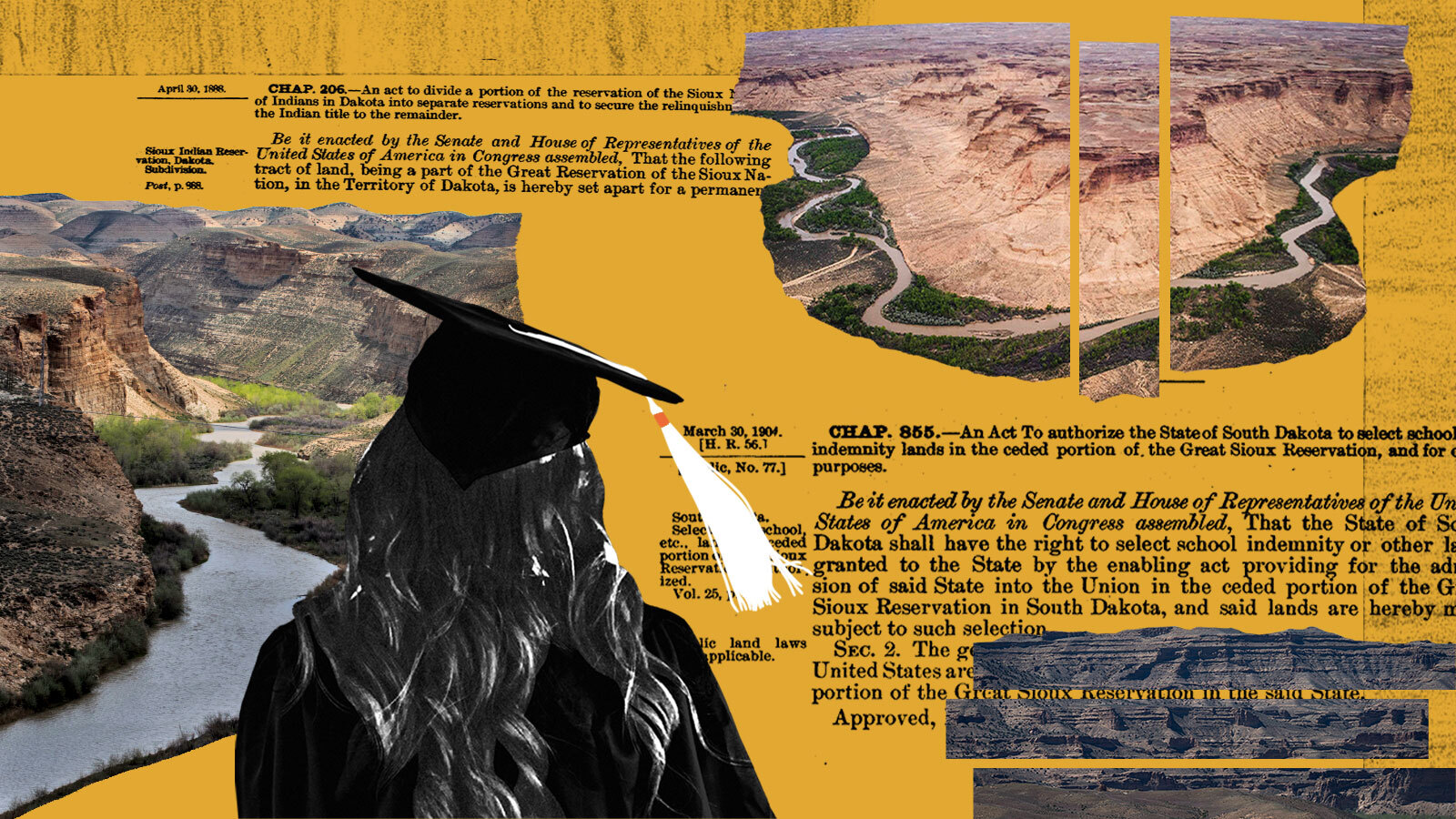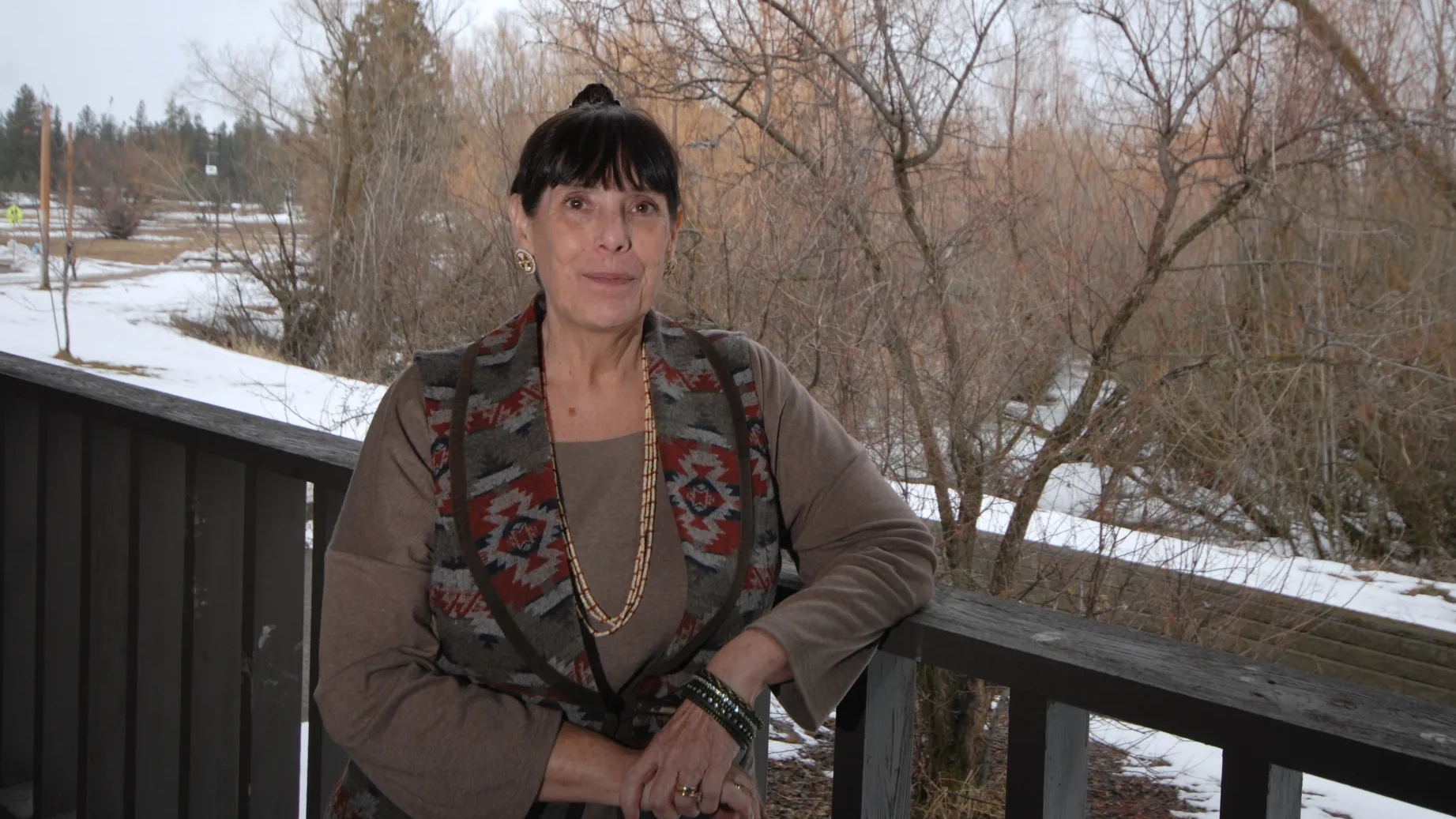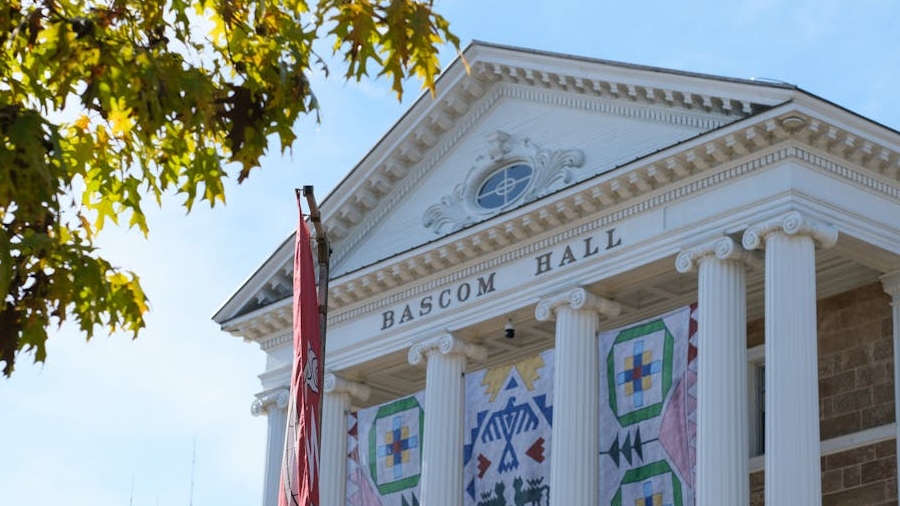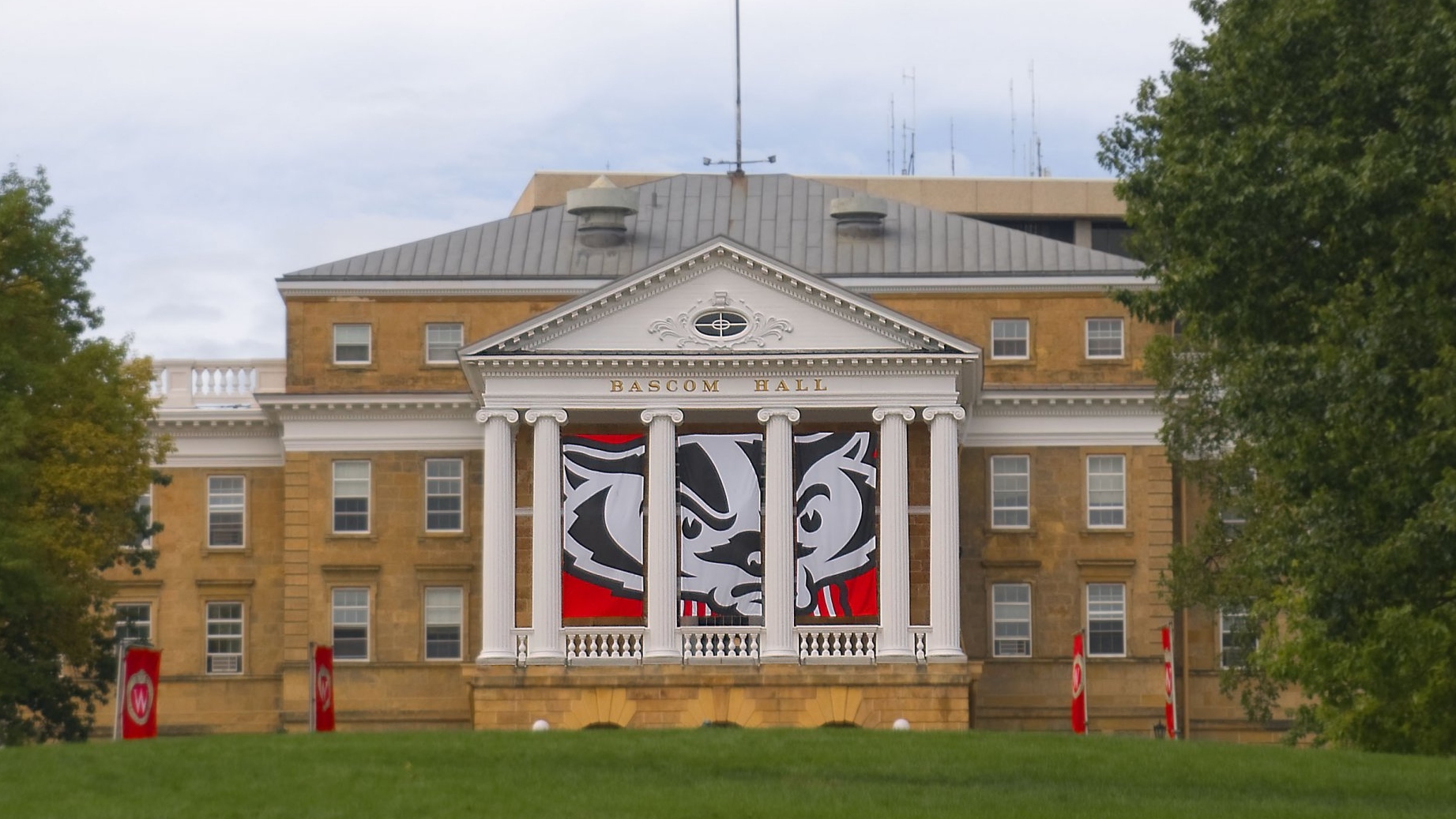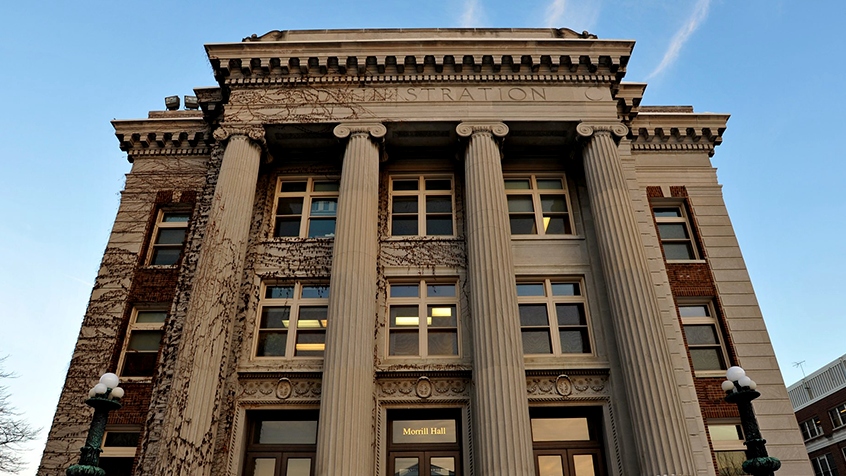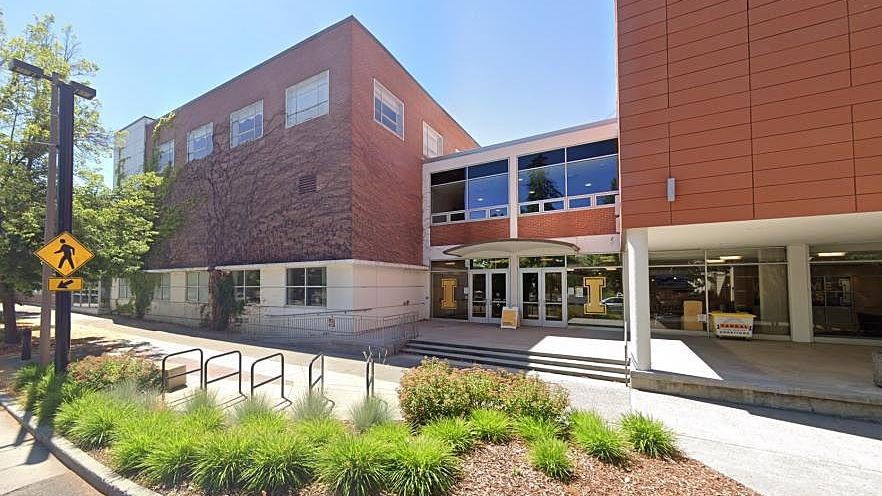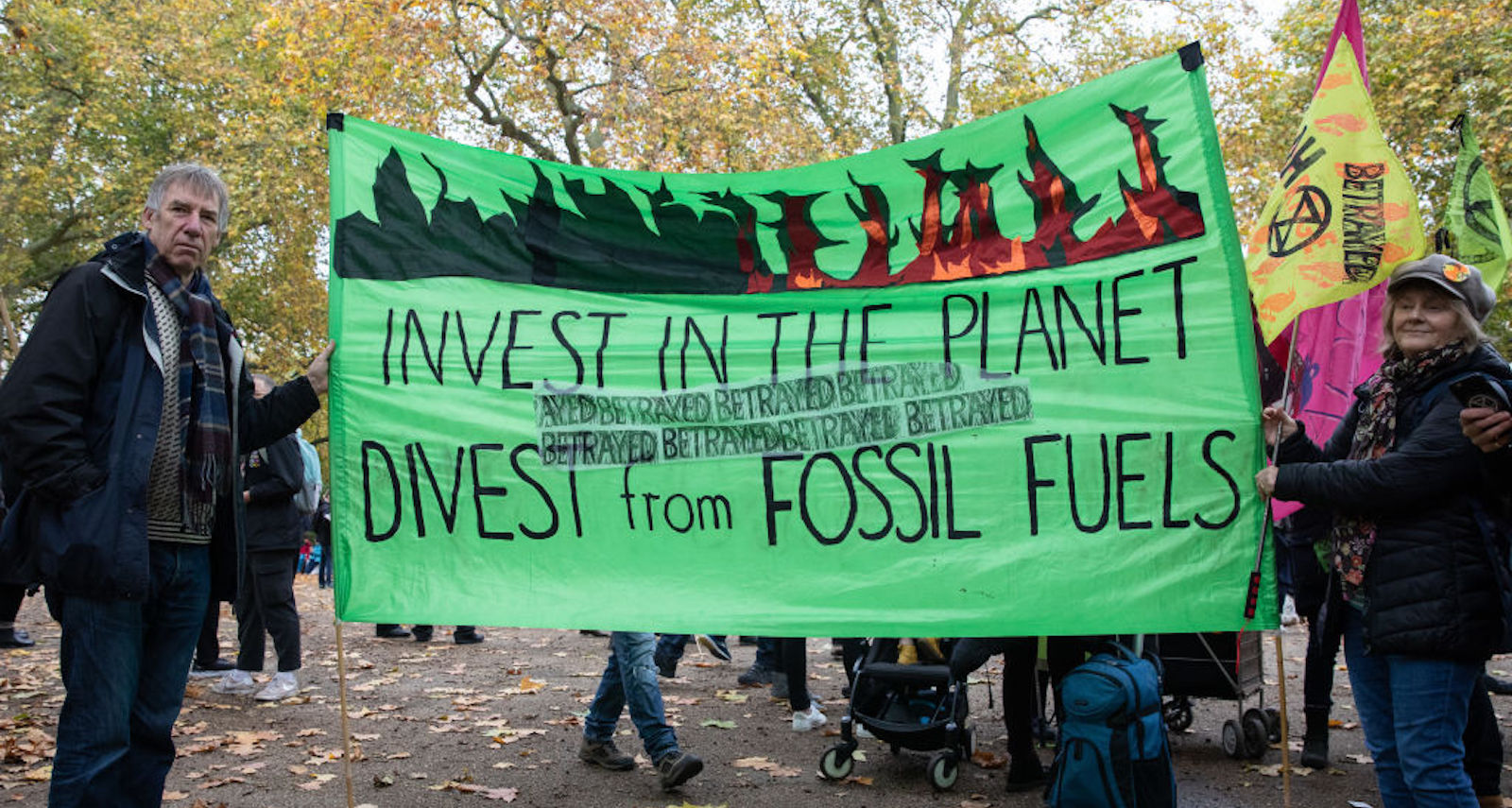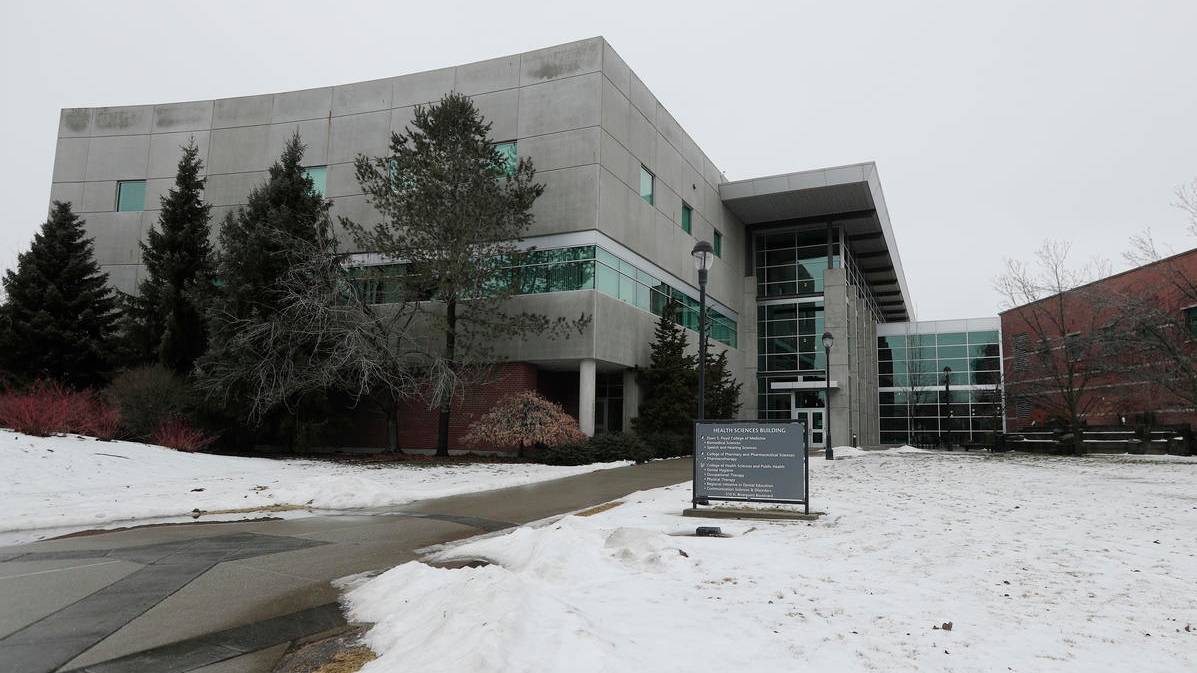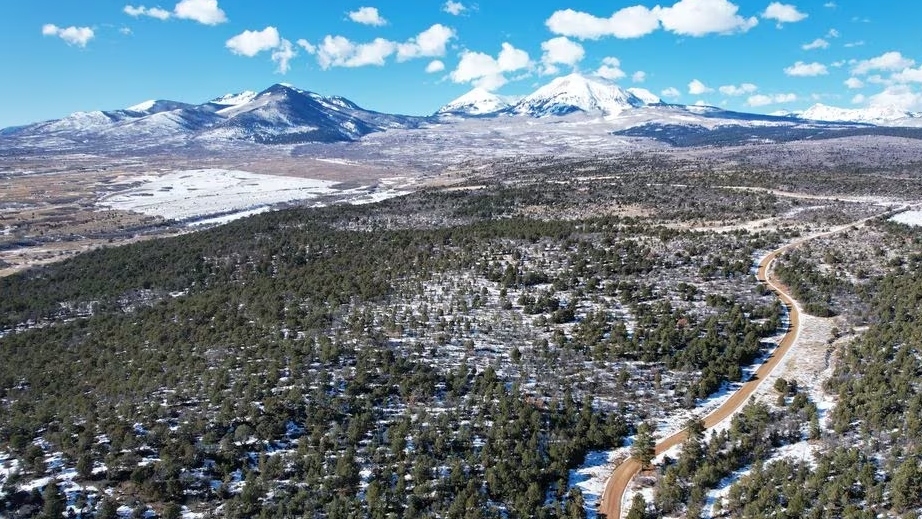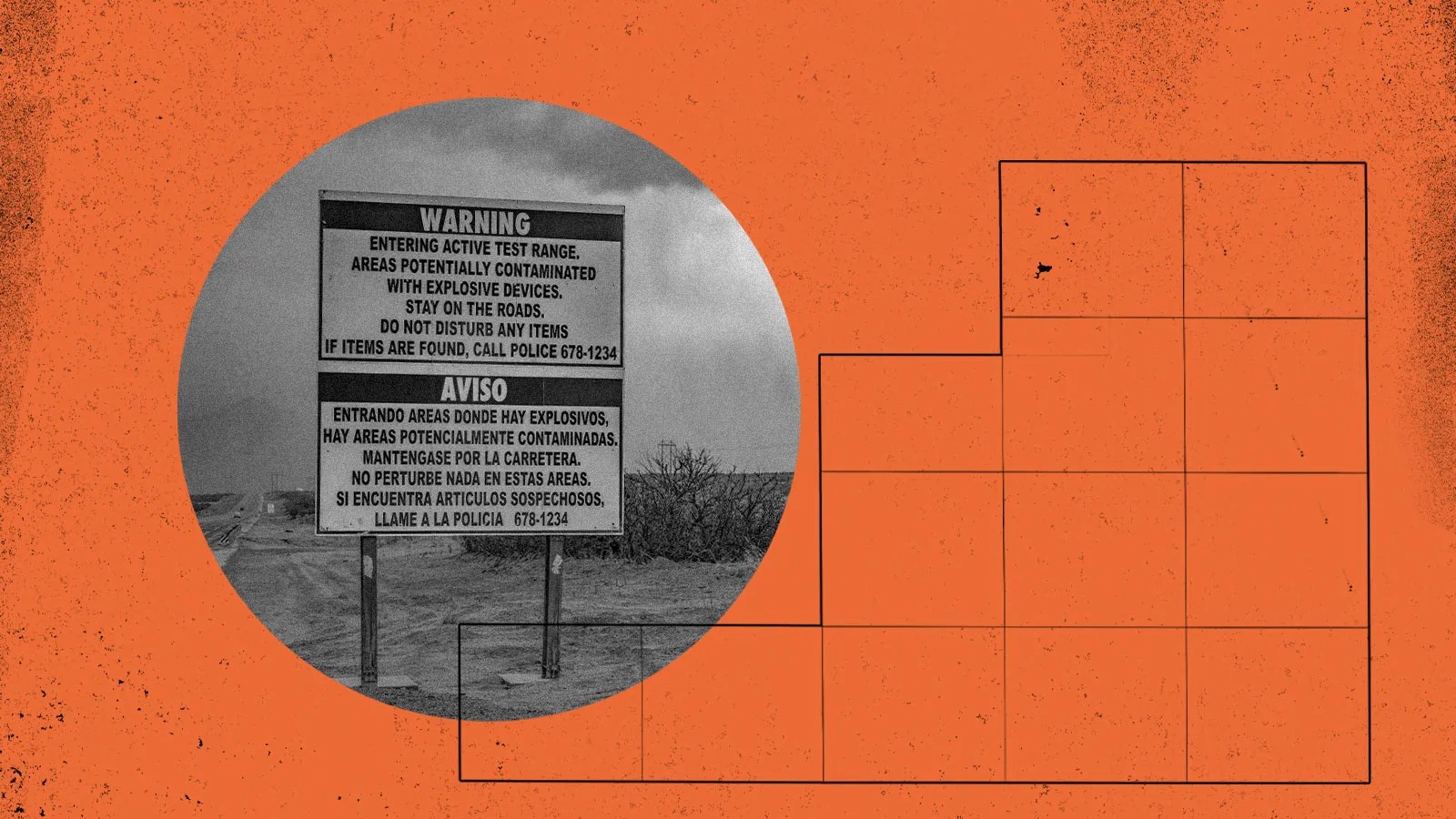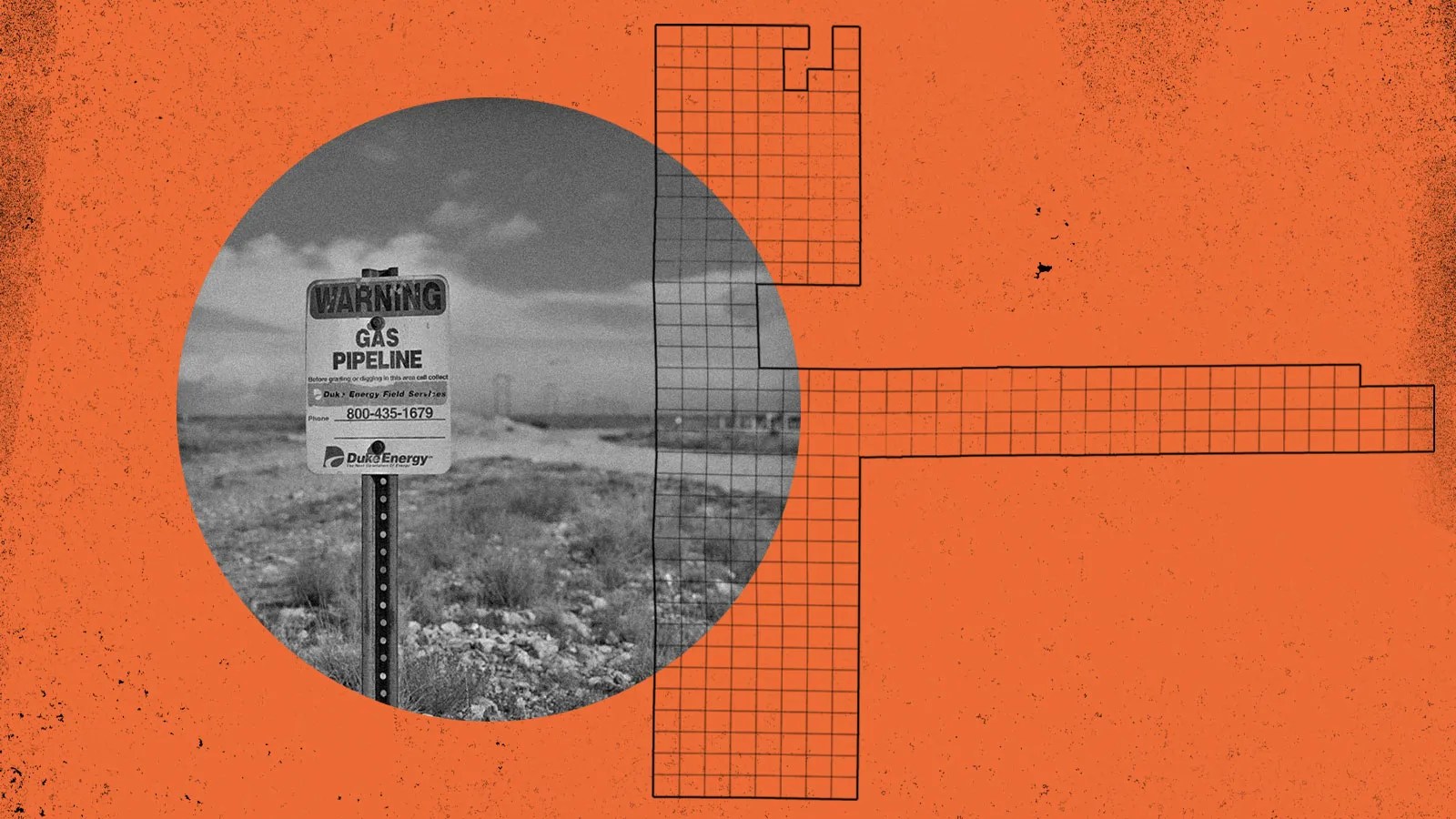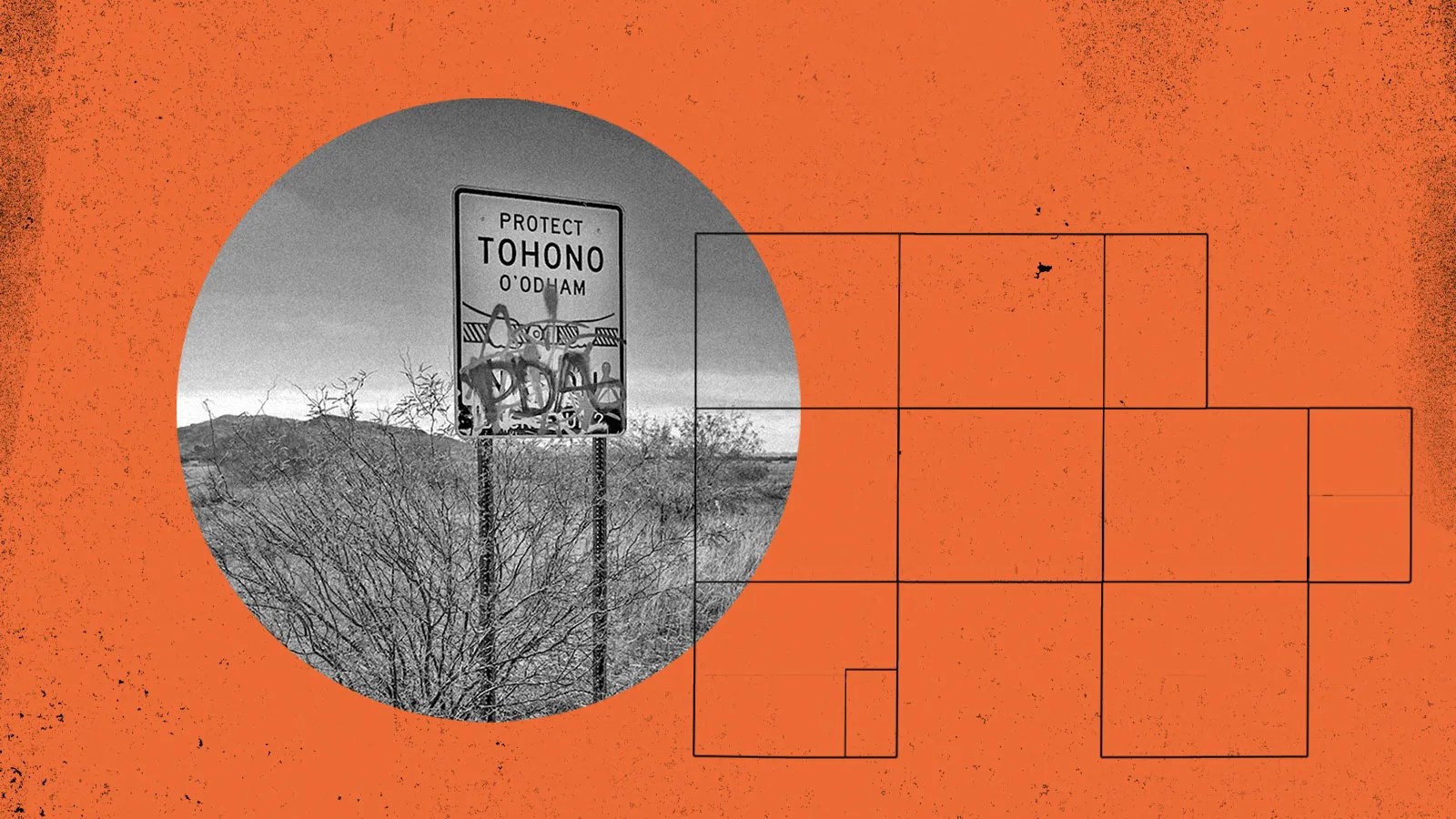The United States was founded with stolen Indigenous land. Public institutions are still profiting from it today.
From education to penitentiaries, public institutions were built with stolen Indigenous lands – and still survive on Indigenous resources. Using publicly available data, Grist has located millions of acres of land taken from hundreds of Indigenous nations, land that provides revenue to state universities, K-12 schools, hospitals, and other beneficiaries through fossil fuel exploration, mining, timber harvesting, and other industries. This series explores how stolen wealth continues to transform public institutions.
Featured Story

CREDITS
REPORTING AND WRITING
Tristan Ahtone, Robert Lee, Amanda Tachine, An Garagiola, Audrianna Goodwin
DATA REPORTING
Maria Parazo Rose, Clayton Aldern, Marcelle Bonterre, Parker Ziegler
PHOTOGRAPHY
Eliseu Cavalcante, Bean Yazzie
DESIGN AND DEVELOPMENT
Parker Ziegler, Jason Castro, Mignon Khargie
ART DIRECTION
Teresa Chin
ILLUSTRATIONS
Marty Two Bulls Jr., Mia Torres
EDITING
Katherine Lanpher, Katherine Bagley
PRODUCTION MANAGEMENT
Jaime Buerger
FACT-CHECKING
Angely Mercado, Annie Fu
PARTNERSHIPS
Rachel Glickhouse
AUDIENCE DIRECTION
Megan Merrigan, Justin Ray
CARTOGRAPHIC CONSULTING
Margaret Pearce
ADDITIONAL RESEARCH AND CONSULTING
Teresa Miguel-Stearns, Jon Parmenter, T. Khurana
We would like to thank the many state officials who helped to ensure we acquired the most recent and accurate information for this story. This story was made possible in part by the Pulitzer Center, the Data-Driven Reporting Project, and the Bay & Paul Foundation.
The Misplaced Trust team acknowledges the Tohono O’odham, Pascua Yaqui, dxʷdəwʔabš, Suquamish, Muckleshoot, puyaləpabš, Tulalip, Muwekma Ohlone, Lisjan, Tongva, Kizh, Dakota, Bodwéwadmi, Quinnipiac, Monongahela, Shawnee, Lenape, Erie, Osage, Akimel O’odham, Piipaash, Očhéthi Šakówiŋ, Diné, Kanienʼkehá:ka, Muh-he-con-ne-ok, Pαnawάhpskewi, and Mvskoke peoples, on whose homelands this story was created.
